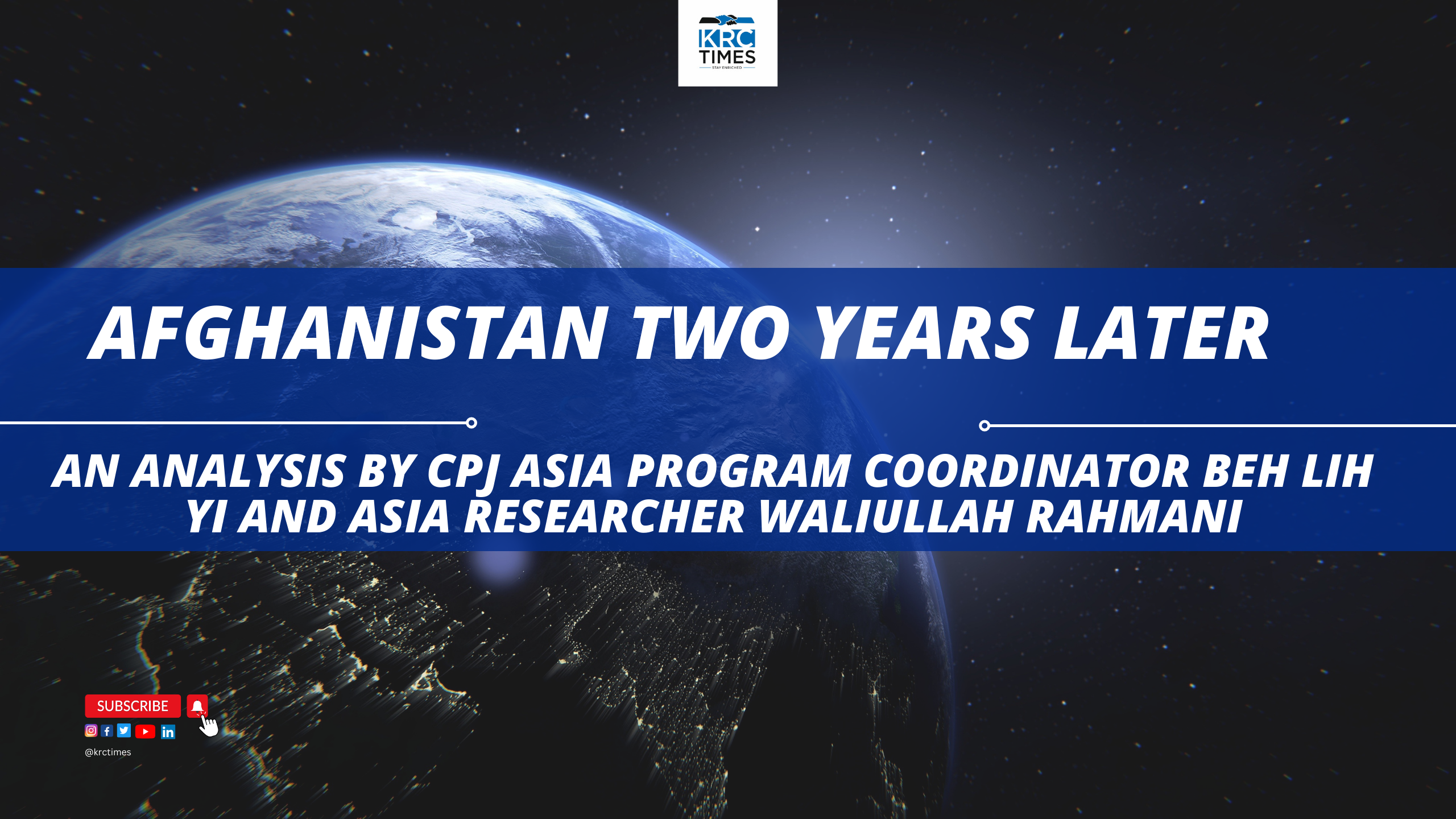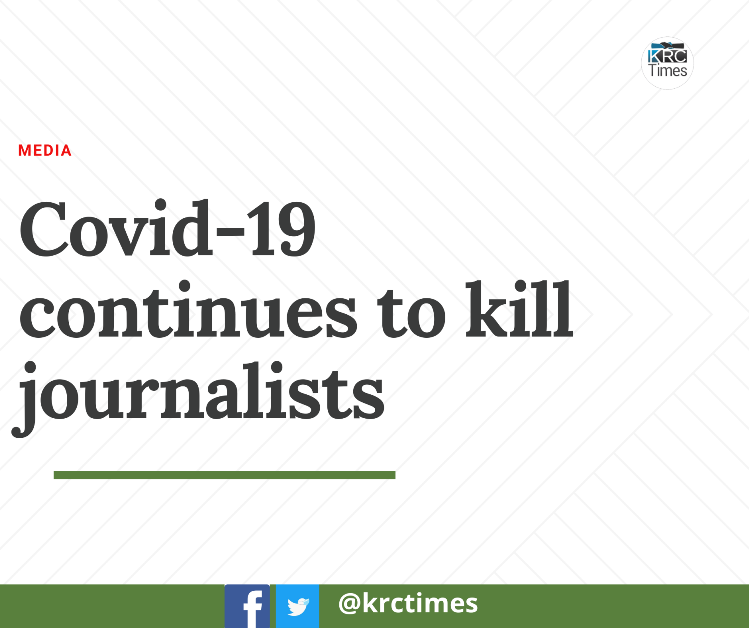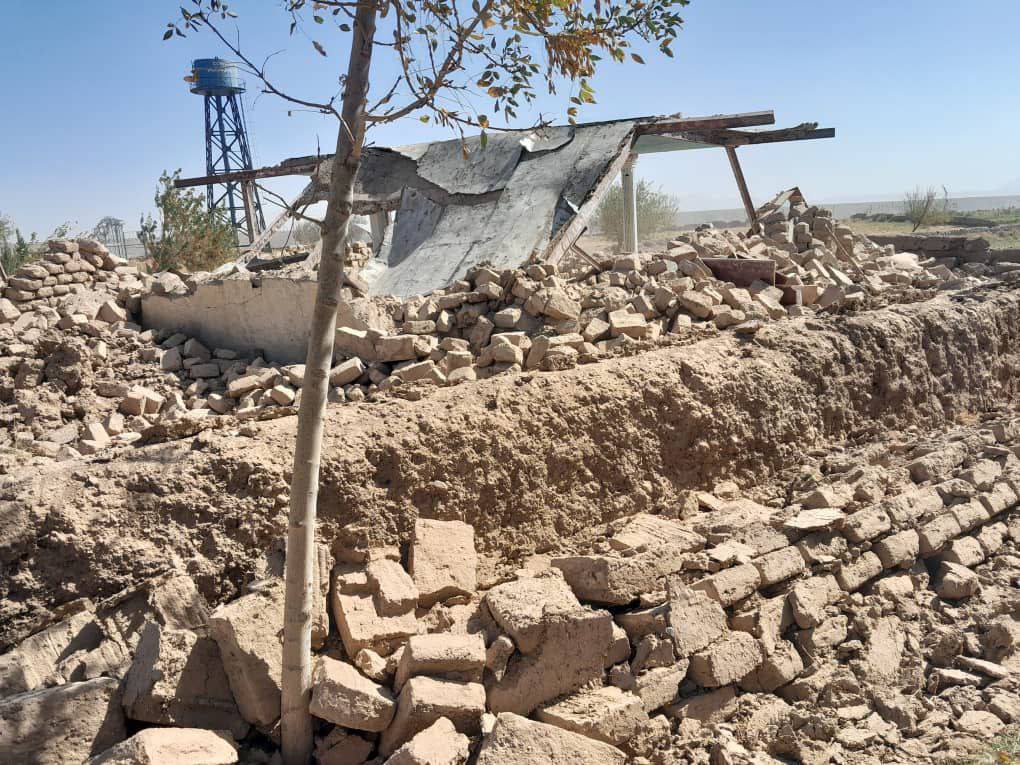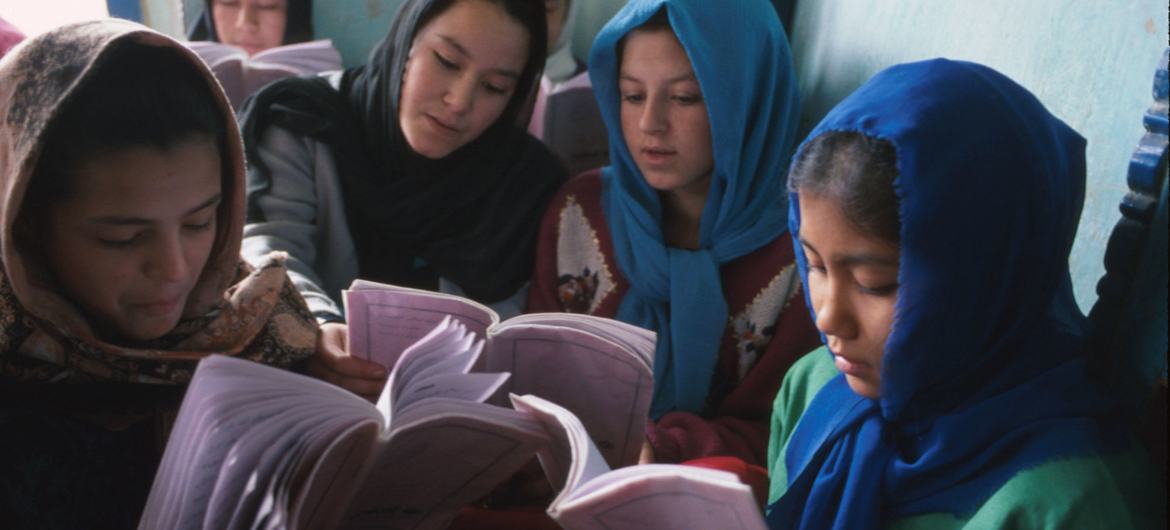An Analysis by CPJ Asia Program Coordinator Beh Lih Yi and Asia Researcher Waliullah Rahmani
 KRC TIMES Desk
KRC TIMES Desk

So far in 2023, CPJ has provided crucial assistance to at least 30 journalists from Afghanistan amid continued threats from the Taliban that have forced many into exile. When the Taliban took over Afghanistan in 2021, the regime promised to protect press freedom and women’s rights in order to show the world they had moderated their stance since the last time they ruled Afghanistan in the late 1990s. The Taliban’s promises immediately fell flat and so far this August, authorities have detained six journalists and banned women from broadcasting.
For this issue of Insider, we are sharing an analysis by CPJ Asia Program Coordinator Beh Lih Yi and Asia Researcher Waliullah Rahmani on media freedom in Afghanistan. A longer version can be found here.
What is the state of media freedom in Afghanistan?
Since the fall of Kabul, the Taliban have escalated a crackdown on the media in Afghanistan. CPJ has extensively documented cases of censorship, assaults, arbitrary arrests, home searches, and restrictions on female journalists in a bid to muzzle independent reporting.
Despite their public pledge to allow journalists to work freely, Taliban operatives and officials from the General Directorate of Intelligence (GDI) – the Taliban’s intelligence agency – have assaulted, arbitrarily arrested, and detained journalists, while shutting down local news outlets and banning broadcasts of a number of international media from inside the country. Foreign correspondents face visa restrictions to return to Afghanistan to report.
Journalists continue to be arrested for their job. Since August 2021, at least 64 journalists have been detained in Afghanistan in retaliation for their work, according to CPJ’s research. They include Mortaza Behboudi, a co-founder of the independent news site Guiti News, who has been held since January.
Afghan journalists have fled in huge numbers, mostly to neighboring countries like Pakistan and Iran. Many who left are now stuck in legal limbo without clear prospects of resettlement to a third country, and their visas are running out, prompting fears they could be arrested and deported back to Afghanistan.
What is CPJ hearing from Afghan journalists?
Even two years after the fall of Kabul, we hear from Afghan journalists on a near-daily basis – both from those who remain inside the country and those who are in exile – on the hostile environment they are facing.
Afghanistan remains one of the top countries for CPJ’s exile support and assistance to journalists. Since 2021, Afghan journalists have become among the largest share of exiled journalists getting support each year from CPJ, and contributed to a jump of 227 percent in CPJ’s overall exile support for journalists during a three-year period from 2020-2022. The support they received included immigration support letters and grants for necessities like rent and food.
We also increasingly received reports from exiled Afghan journalists who were being targeted in immigration-related cases. Afghan journalists who have sought refuge in Pakistan told us they have been arrested and extorted for overstaying their visas, and many are living in hiding and in fear.
What does CPJ recommend to end the Taliban’s media crackdown and help Afghan journalists forced into exile?
There are several actions we can take. Top of the list is to continue urging the international community to pressure the Taliban to respect the rights of the Afghan people and allow the country to return to a democratic path, including by allowing a free press.
The global community and international organizations should use political and diplomatic influence – including travel bans and targeted sanctions – to pressure the Taliban to end their media repression and allow journalists to freely report without fear of reprisal.
Foreign governments should streamline visa and broader resettlement processes, and support exiled journalists in continuing their work, while collaborating with appropriate agencies to extend humanitarian and technical assistance to journalists who remain in Afghanistan.
CPJ is also working with other rights groups to advocate for the implementation of recommendations that include those in its 2022 special report on Afghanistan’s media crisis. (Read CPJ’s complete list of 2022 recommendations here and CPJ’s August 14 call on the Taliban to end its media crackdown here.)




